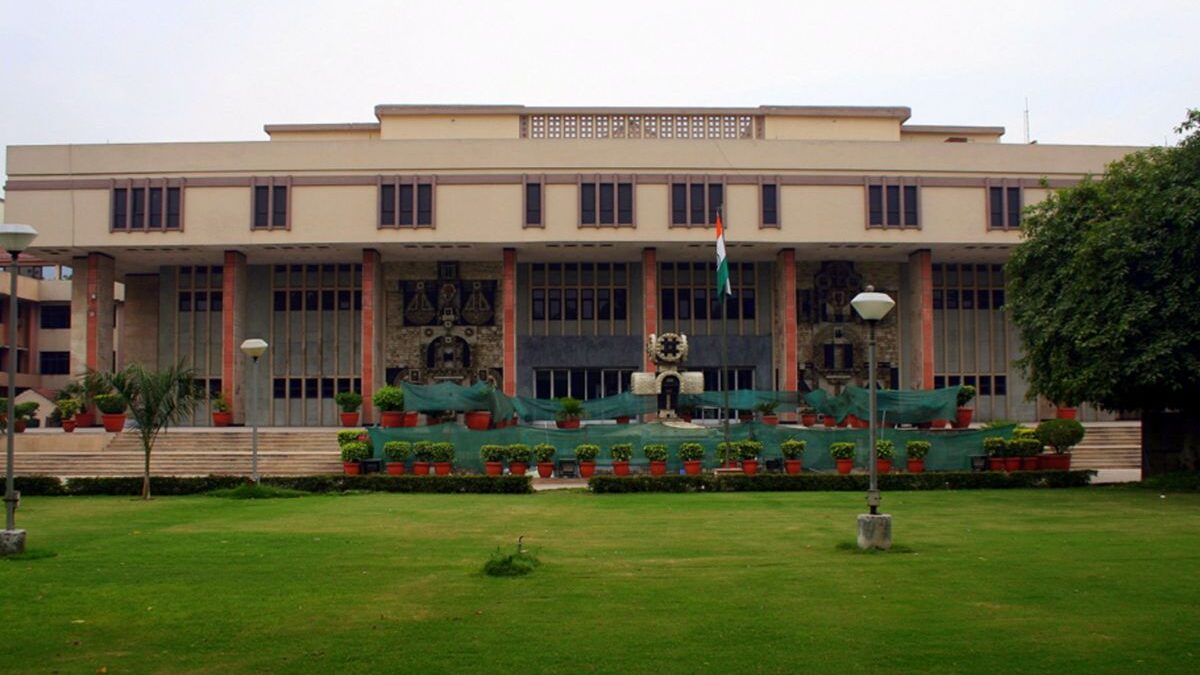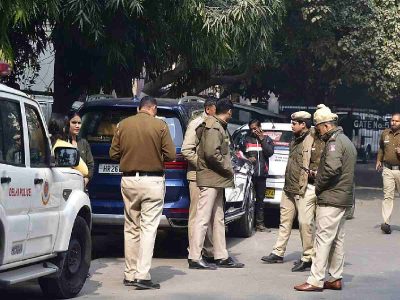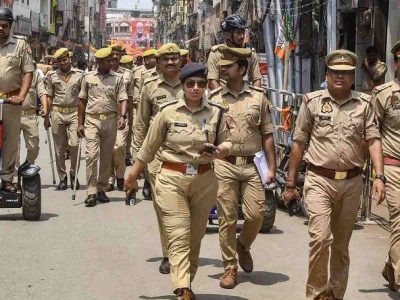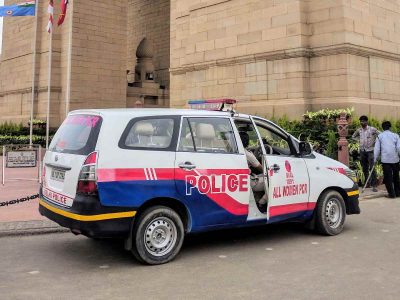The Delhi High Court has directed the plantation of 10,000 trees across the national capital to combat the year-round pollution problem. The court observed that trees serve as a “carbon sump” by absorbing pollution and contribute to the city’s well-being. Over Rs 70 lakh, which were deposited by defaulting litigants as costs in various cases, will be utilised for this purpose.
Justice Najmi Waziri emphasised that funds deposited in court should be used for the larger public good. To identify suitable sites for tree plantation, four lawyers were appointed as court commissioners, with a preference for public roads. These court commissioners, namely Shadan Farasat, Avishkar Singhvi, Tushar Sannu, and Aditya N Prasad, will each oversee the planting of at least 2,500 trees.
The court specified that each tree should have a minimum nursery age of three years and a minimum trunk height of 10 feet. From the allocated funds, a minimum of 10,000 trees are to be planted. The court directed the Deputy Conservator of Forests (DCF), GNCTD (Government of National Capital Territory of Delhi), to receive the transferred funds and coordinate with the Public Works Department (PWD) to execute the tree plantation in the identified areas.
Considering the soil type and topography, the court suggested planting tree species such as pilkhan, papdi, kachnaar, goolar, kala siris/safed siris, jamun, amaltas, kadamb, and badh. The land-owning agency, under the supervision of the Tree Officer/DCF, will be responsible for planting the trees and submitting a report.
The court further emphasised that the land-owning agency must promptly address any tree attrition or damage, seeking guidance from the Tree Officer, and keep the court commissioners informed with photographic evidence.
Approximately Rs 80 lakh were deposited in the court as costs imposed on defaulting litigants in contempt petitions and writ petitions. The court stated that such funds should be utilised for the larger public good, with tree plantation being one of the suitable initiatives. The enduring benefits of trees, including fresh oxygen generation for generations to come, were emphasised by the court.
The court requested the assistance of the local police in facilitating the plantation exercise led by the DCF and the court commissioners. It also encouraged community participation in tree plantation and maintenance. The DCF was directed to provide a status report on the drive every six months. The next hearing on the matter is scheduled for July 7. (With inputs from PTI)





